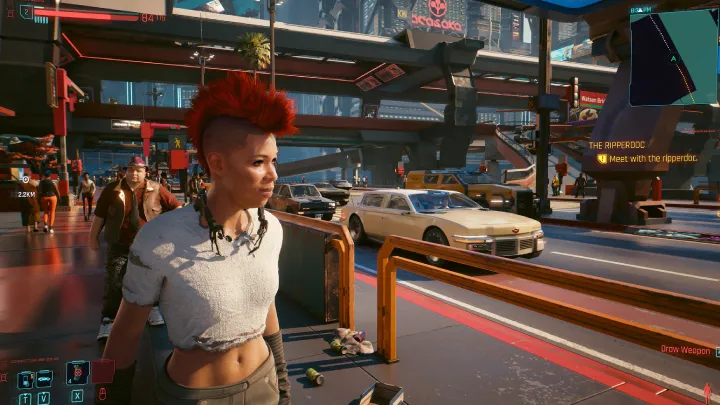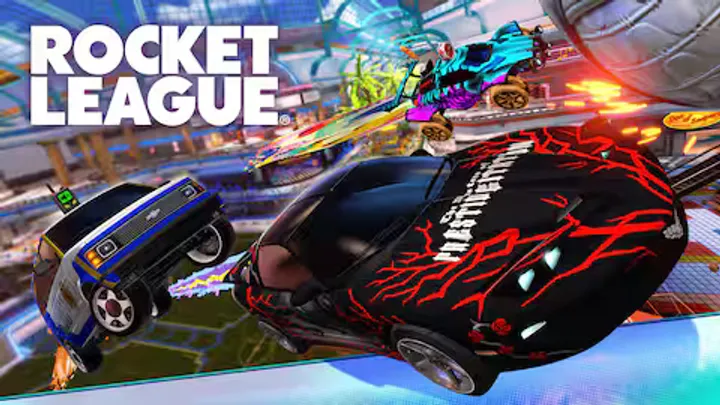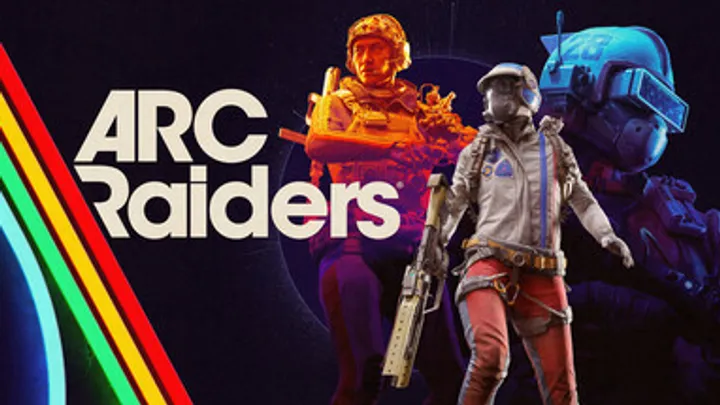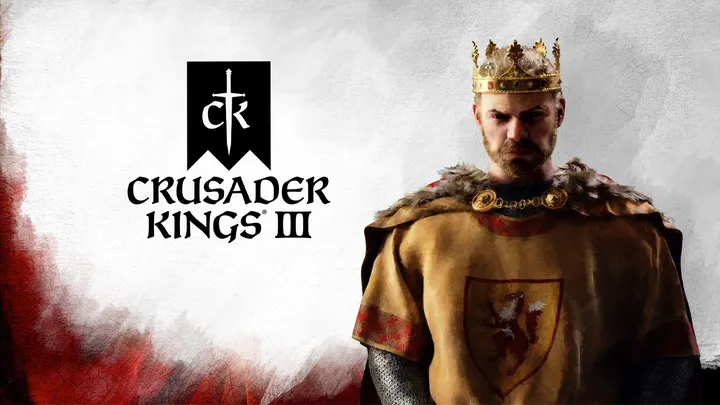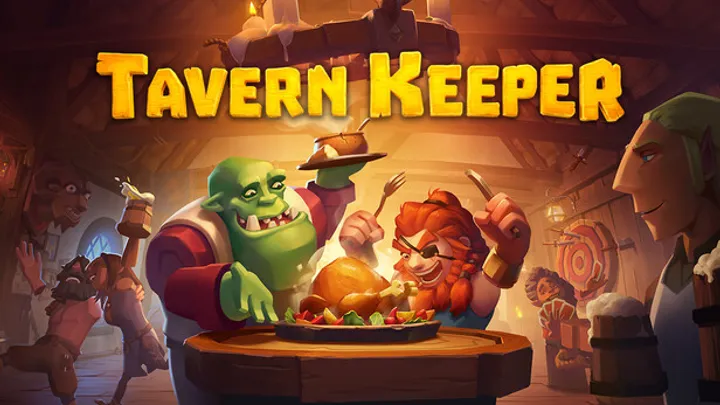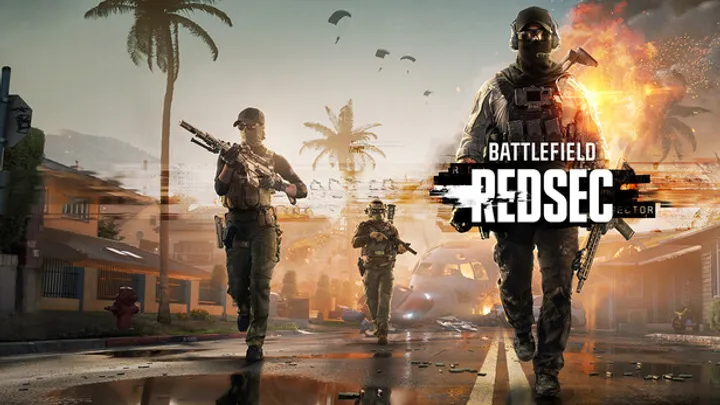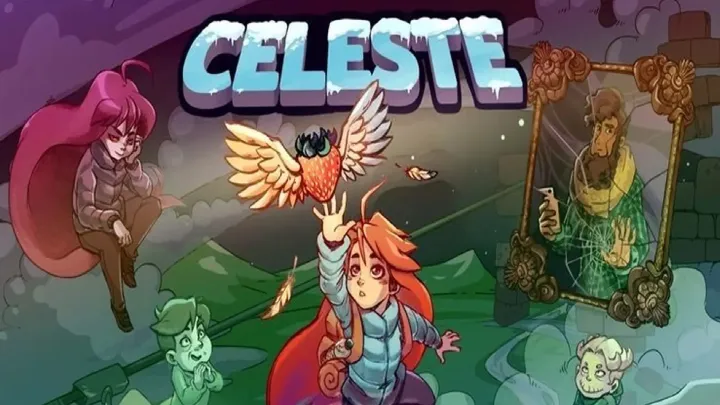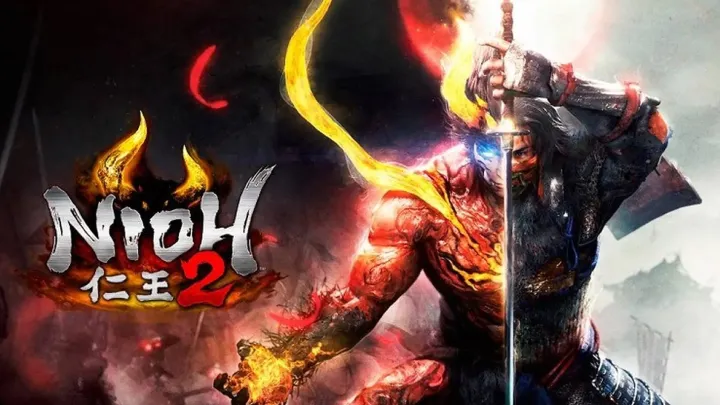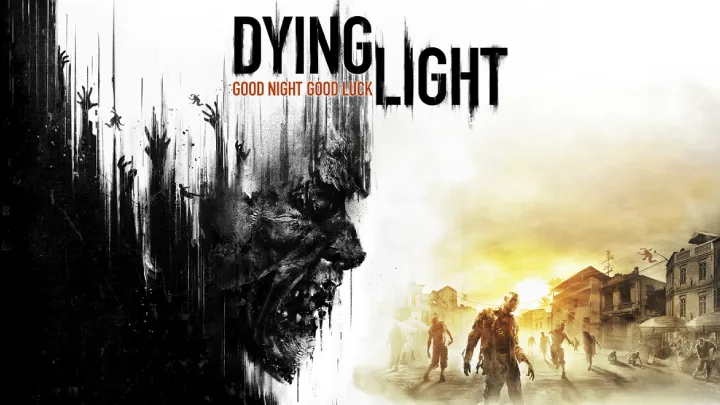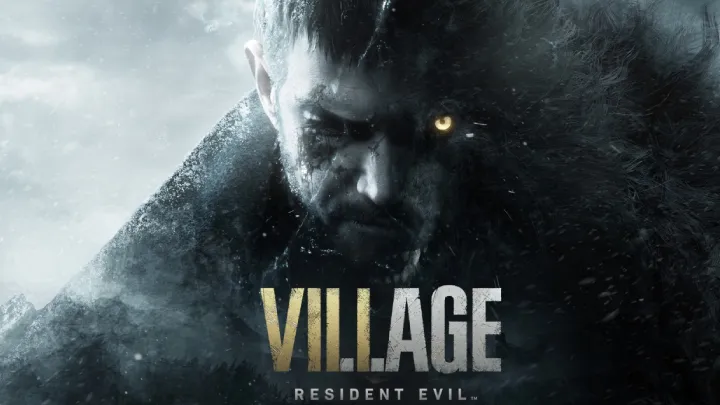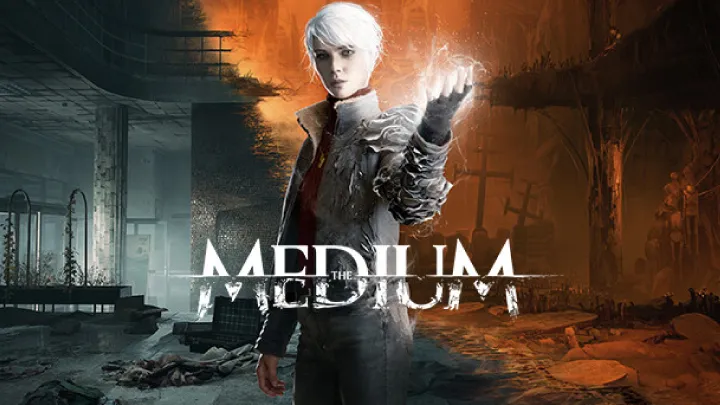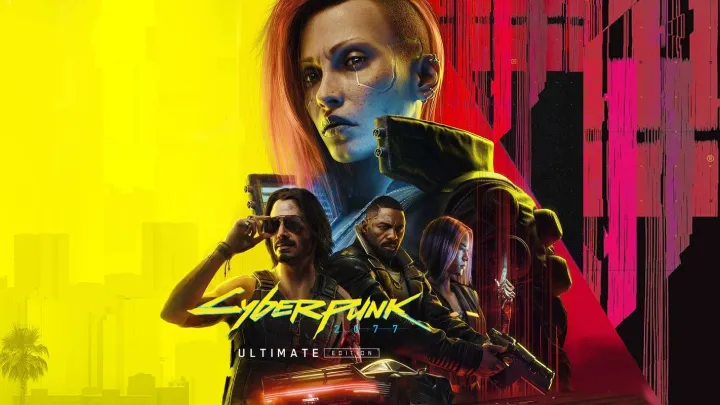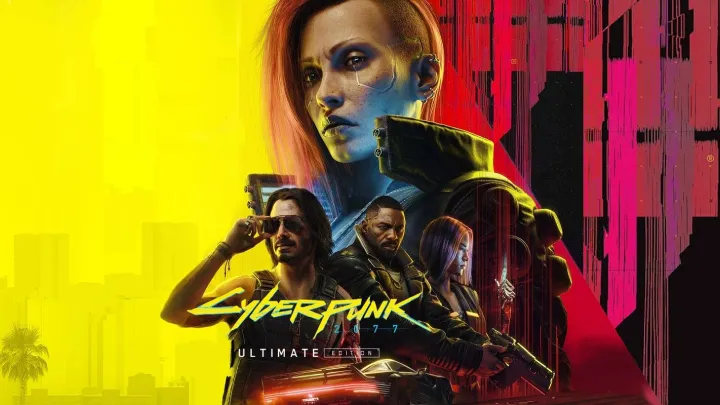
Cyberpunk 2077, developed by CD Projekt Red, is a sprawling open-world RPG set in the neon-lit streets of Night City. While the game has been lauded for its ambitious world-building and rich narrative, it has also faced scrutiny for its technical issues and narrative inconsistencies. However, one of the most compelling themes that emerges from the game is the exploration of identity, particularly in the context of transhumanism and the consequences of technological augmentation. This article delves deeply into the specific issue of identity in Cyberpunk 2077, examining how the game’s narrative and mechanics invite players to grapple with the complexities of selfhood in a world where technology blurs the lines between human and machine.
The Setting: Night City as a Character
Night City is not just a backdrop; it is a vibrant, living entity that shapes the identities of its inhabitants. The city is characterized by its stark contrasts—wealth and poverty, freedom and oppression, humanity and technology—all of which contribute to the exploration of identity.
The Layers of Night City
Night City is divided into various districts, each with its own culture, social dynamics, and technological advancements. From the opulent skyscrapers of City Center to the gritty streets of Watson, the city reflects the diversity and complexity of its denizens. This diversity is crucial for understanding how identity is constructed and deconstructed within the game.
The Impact of Environment on Identity
The environment significantly influences how characters perceive themselves and their roles within society. For instance, characters residing in affluent areas often have access to advanced technology, which can enhance their identities through augmentation. In contrast, those in lower socio-economic areas may struggle with the consequences of poverty and lack of access to resources. This disparity highlights the theme that identity is not solely an individual construct but is also shaped by external factors and societal structures.
The Protagonist: V's Journey of Self-Discovery
At the heart of Cyberpunk 2077 is V, the customizable protagonist whose journey raises critical questions about identity. Players can choose V's background, appearance, and life path, allowing for a highly personalized experience that directly ties into the theme of self-discovery.
The Flexibility of Identity
V’s customizable nature allows players to explore different aspects of identity, from gender and appearance to backstory and playstyle. This flexibility invites players to engage with their own identities as they navigate the challenges of Night City. However, the question remains: to what extent does customization enhance or complicate V's sense of self?
The Burden of Choices
Throughout the game, V faces choices that impact not only her immediate circumstances but also her understanding of identity. These choices often carry emotional weight, forcing V to confront her values and beliefs. The narrative invites players to reflect on how their own choices shape their identities, emphasizing the complexities of selfhood in a world filled with moral ambiguity.
Transhumanism: The Body as a Canvas
One of the central themes in Cyberpunk 2077 is transhumanism—the idea that humanity can be enhanced or transformed through technology. This theme raises profound questions about identity, as characters grapple with the implications of augmentations and modifications.
The Allure of Augmentation
In Night City, body modifications are commonplace, offering individuals the opportunity to enhance their physical and cognitive abilities. Characters like Johnny Silverhand and various gang members showcase the allure of augmentation, emphasizing the desire for power and control over one’s body. This desire reflects a broader societal trend where identity is increasingly intertwined with technological enhancements.
The Consequences of Modification
However, the game also explores the darker side of transhumanism. Characters who undergo extensive modifications often face identity crises and existential dilemmas. For instance, V’s journey is marked by the struggle to maintain a sense of self amidst the encroaching influence of Johnny Silverhand’s consciousness. This internal conflict illustrates the potential dangers of losing one’s humanity in the pursuit of enhancement.
The Role of Johnny Silverhand: Ghost in the Machine
Johnny Silverhand, portrayed by Keanu Reeves, is a pivotal character in Cyberpunk 2077 whose presence significantly impacts V’s journey. As a digital ghost, Johnny represents the intersection of identity and technology, complicating V’s self-discovery.
The Conflict of Identities
As V navigates the challenges of Night City, Johnny’s consciousness manifests within her mind, leading to a complex relationship that blurs the lines between their identities. Players witness the struggle for agency as Johnny attempts to assert his influence over V, raising questions about the nature of selfhood and the impact of external forces on personal identity.
The Duality of Self
Johnny’s character serves as a constant reminder of the duality of self in a world where technology can alter perceptions of identity. His rebellious spirit and desire for freedom clash with V’s quest for autonomy, creating a rich narrative dynamic that explores the complexities of identity in a post-human world.
Choices and Consequences: Identity in Flux
The choices players make throughout Cyberpunk 2077 significantly impact V’s journey and sense of identity. The game emphasizes the fluidity of identity, showcasing how decisions shape not only the narrative but also the protagonist’s self-perception.
Branching Narratives
The game features multiple branching narratives that reflect the consequences of player choices. Each decision carries weight, influencing relationships with other characters, the state of Night City, and V’s own identity. This branching structure invites players to consider the implications of their choices, reinforcing the idea that identity is shaped through action.
Examples of Key Choices
- Allying with Factions: Players choose which factions to support, impacting V's relationships and sense of belonging.
- Moral Dilemmas: Decisions regarding violence, loyalty, and betrayal force players to confront their values and beliefs.
- Personal Relationships: Choices in romantic and friendship dynamics shape V’s emotional journey and identity.
The Reflection of Selfhood
As players navigate these choices, they are encouraged to reflect on their own identities. The complexity of V’s character development prompts players to consider how their own values and beliefs influence their actions. This reflective aspect of gameplay adds depth to the narrative, encouraging deeper engagement with the themes of identity and agency.
The Impact of Technology: Tools and Traps
In Cyberpunk 2077, technology is portrayed as both a tool for empowerment and a potential trap that can lead to identity loss. The game invites players to reflect on the implications of technology on selfhood and agency.
The Empowering Nature of Technology
For many characters, technology serves as a means of empowerment. Augmentations enhance abilities, allowing individuals to navigate the dangers of Night City more effectively. This empowerment is a double-edged sword, as it raises questions about the cost of enhancement and the potential loss of humanity.
The Trap of Dependence
However, the game also highlights the dangers of technological dependence. Characters who rely solely on enhancements may find themselves losing touch with their humanity and individuality. The struggle to maintain a sense of self amidst the allure of augmentation becomes a central theme, emphasizing the complexities of identity in a technologically advanced society.
Community and Belonging: Identity Within Groups
The theme of community and belonging plays a significant role in shaping identity in Cyberpunk 2077. As V navigates the complexities of Night City, the relationships formed within groups influence her sense of self.
The Importance of Factions
The various factions in Night City—such as the Maelstrom, the Aldecaldos, and the Voodoo Boys—represent different aspects of identity and community. Players can choose to align with these factions, which impacts V’s relationships and narrative outcomes. This emphasis on factional identity underscores the importance of community in shaping selfhood.
The Dynamics of Belonging
As V engages with different factions, she grapples with her own sense of belonging. The relationships formed within these groups challenge her perceptions of identity and loyalty. This exploration of community emphasizes that identity is not formed in isolation but is shaped by the connections and affiliations we cultivate.
The Final Confrontation: Identity in Crisis
As the narrative builds toward its climax, V faces a final confrontation that challenges her understanding of identity and agency.
The Showdown with the Authority
The climax presents a confrontation with the oppressive forces controlling Night City. This moment serves as a culmination of V’s journey, forcing her to confront her beliefs, fears, and the essence of her identity. The stakes are high, and the outcome of this confrontation will determine her future and the fate of those she cares about.
The Emotional Weight of the Encounter
The emotional weight of this confrontation underscores the themes of identity and agency. As V battles for her beliefs, she must reconcile her individual identity with the collective identity of those fighting for liberation. This moment encapsulates the essence of her journey, highlighting the importance of self-acceptance and unity in the face of adversity.
Embracing the Complexity of Self
The resolution of this confrontation allows V to embrace the complexities of her identity. She emerges not only as a skilled warrior but as a character who understands the nuances of her past and the potential for her future. This evolution emphasizes the theme that identity is multifaceted and ever-changing.
The Aftermath: Reflecting on Identity and Agency
Following the climax, Cyberpunk 2077 encourages players to reflect on V’s journey and the broader implications of identity and agency.
The Legacy of V
V’s journey in Cyberpunk 2077 serves as a powerful narrative about self-discovery and the complexities of identity. Her evolution from a fragmented self to a character who embraces her past illustrates the transformative power of experience and choice.
A Call for Reflection
The game invites players to consider their own journeys of self-discovery and the identities they forge. By engaging with V’s story, players are prompted to reflect on their values, choices, and the connections that shape their lives.
Community Reception: Engaging with Themes of Identity
The release of Cyberpunk 2077 has sparked discussions within the gaming community regarding its exploration of identity and agency. Players have shared their interpretations of the game’s themes, reflecting on the narratives that resonate with them.
Positive Feedback on Character Development
Many players have praised the game for its nuanced exploration of character development and moral dilemmas. V’s internal struggles resonate with individuals who have faced similar conflicts in their lives, making her journey relatable and impactful. The game’s ability to tackle complex themes within an engaging narrative has garnered significant acclaim.
Critiques and Calls for Depth
Conversely, some players have expressed a desire for even deeper explorations of identity and memory. While the game offers a rich narrative, there is an acknowledgment that the complexities of identity cannot be fully captured in a single story. This feedback emphasizes the need for ongoing conversations about identity in gaming and the importance of representation.
Conclusion: The Enduring Impact of Identity in Cyberpunk 2077
Cyberpunk 2077 presents a profound exploration of identity and agency through the journey of V. By navigating the complexities of selfhood, memory, relationships, and choice, V emerges as a character who embodies resilience and growth. The game’s rich narrative invites players to reflect on their own identities and the journeys they undertake in search of self-understanding. As the gaming industry continues to evolve, the themes presented in Cyberpunk 2077 will undoubtedly resonate with future narratives, reinforcing the importance of exploring the intricate connections between identity, agency, and the fight for justice.
